Just two months after the discovery of 90 Ethiopian nationals—also victims of a human trafficking ring—kept against their will in inhumane conditions in Sunnydale Ridge, Johannesburg, another 47 victims have been rescued by police.
A raid conducted on the evening of October 16th following a tip-off uncovered a major human trafficking ring in Johannesburg's wealthiest suburb, Sandton.
What You Need to Know
According to police, all of the victims were male, with most found wearing only underwear; others were found locked in rooms without food or water.
A handful of victims tried to evade police, running to Linbro Park, where they were caught and brought back to receive medical care.
Two suspected traffickers were arrested on the scene and are set to face multiple charges of kidnapping, abuse, and human trafficking.
In early August, 90 Ethiopians were found "packed into locked rooms in inhumane conditions," said authorities.
The discovery came as the result of the search for a kidnap and ransom victim, who was found to be held at the address. Two alleged traffickers were also arrested at the scene, with police stating investigations would begin to uncover how the foreign nationals were trafficked into South Africa.
The Details
Despite the nation's high unemployment, it nevertheless attracts foreign workers from across the continent, seeking to earn better money abroad than they can at home. Oftentimes, however, victims are lured to the country through fake job advertisements and then exploited in sex trafficking, farm labor, mining, domestic work, and hospitality.
Ethiopia, Mozambique, Malawi, and Zimbabwe have been identified as key nations from which workers leave in search of work in South Africa, albeit many of these workers are lured to the country by human and sex traffickers.
According to US' Department of State 2024 Trafficking in Persons Report, official complicity in trafficking crimes exacerbates the issue massively.
"South African organized trafficking syndicates exploit girls as young as 10 in sex trafficking. Some well-known brothels, previously identified as sex trafficking locations, continue to operate with officials’ tacit approval. In some cases, traffickers exploit women in brothels disguised as guesthouses. Syndicates also recruit South African women to Europe, where traffickers force some into sex trafficking, domestic service, or drug smuggling. Mozambican crime syndicates use the eastern border of Kruger National Park in Mpumalanga, enabled by corrupt officials, to transport migrants to other parts of the country for forced labor through the same routes used by syndicates to facilitate other crimes."
"Traffickers exploit young men from neighboring countries who migrate to South Africa for farm work; some are subsequently arrested and deported as undocumented immigrants. Despite high unemployment, migrants travel from East, Central, and Southern Africa to South Africa looking for economic opportunity, particularly from Ethiopia and Mozambique, and are vulnerable to exploitation."
So, What Now?
Human and sex trafficking remains a devastating issue in the country. With limited police resources and even less funding for undocumented migrants, the issue continues to grow as the economy stagnates.



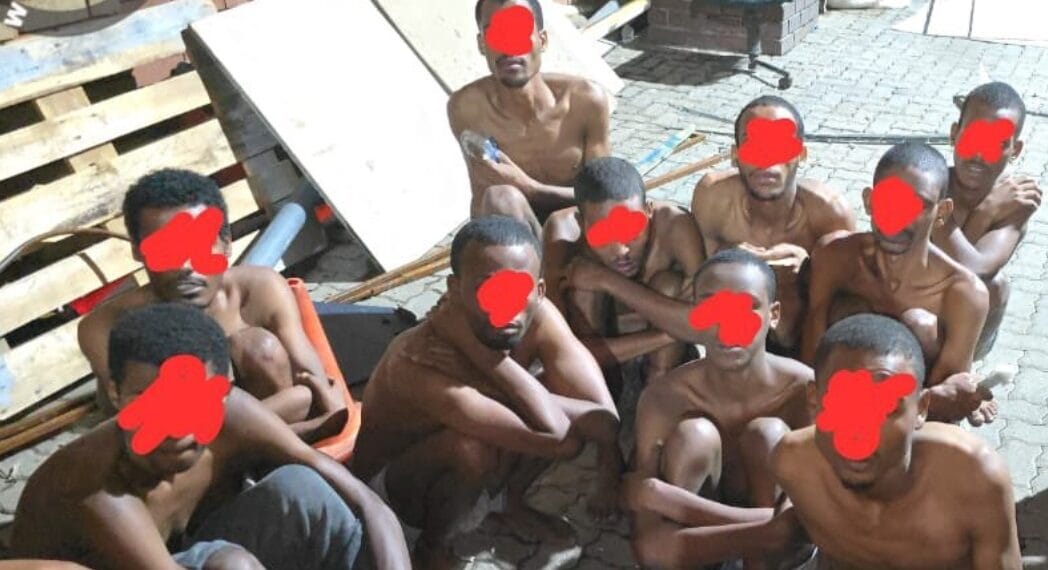



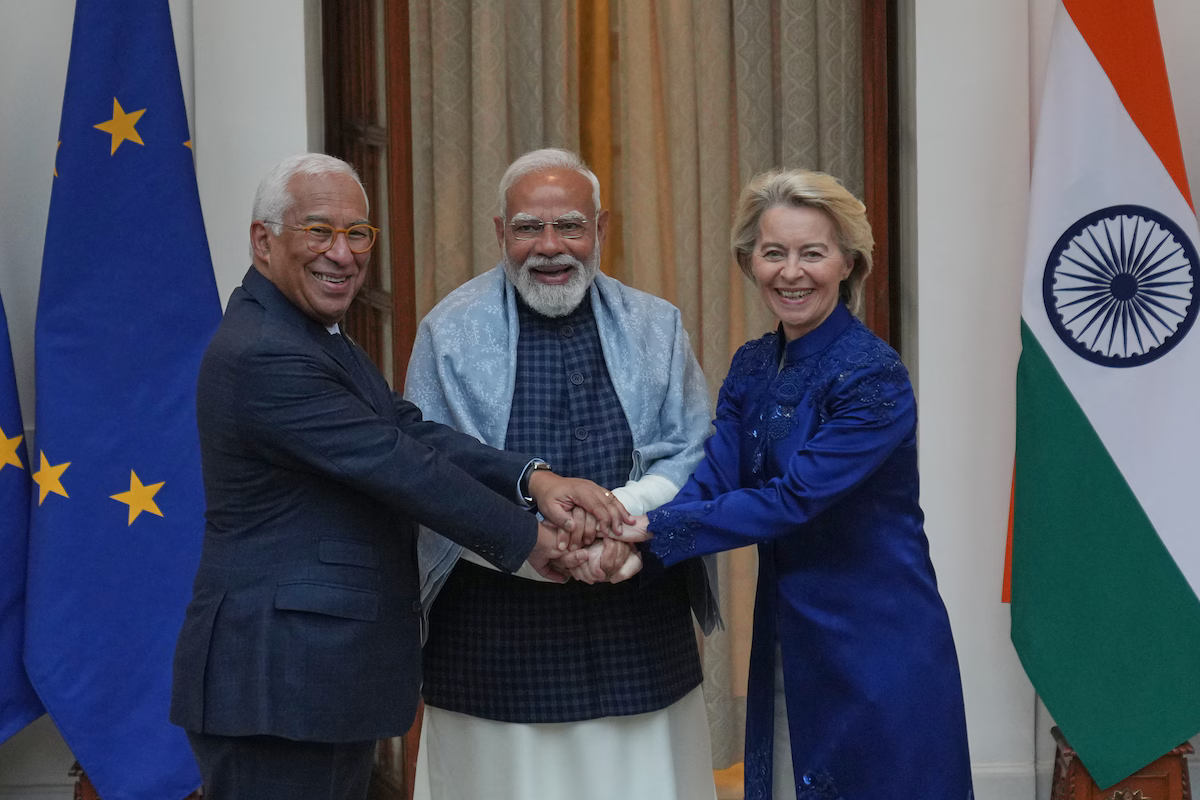

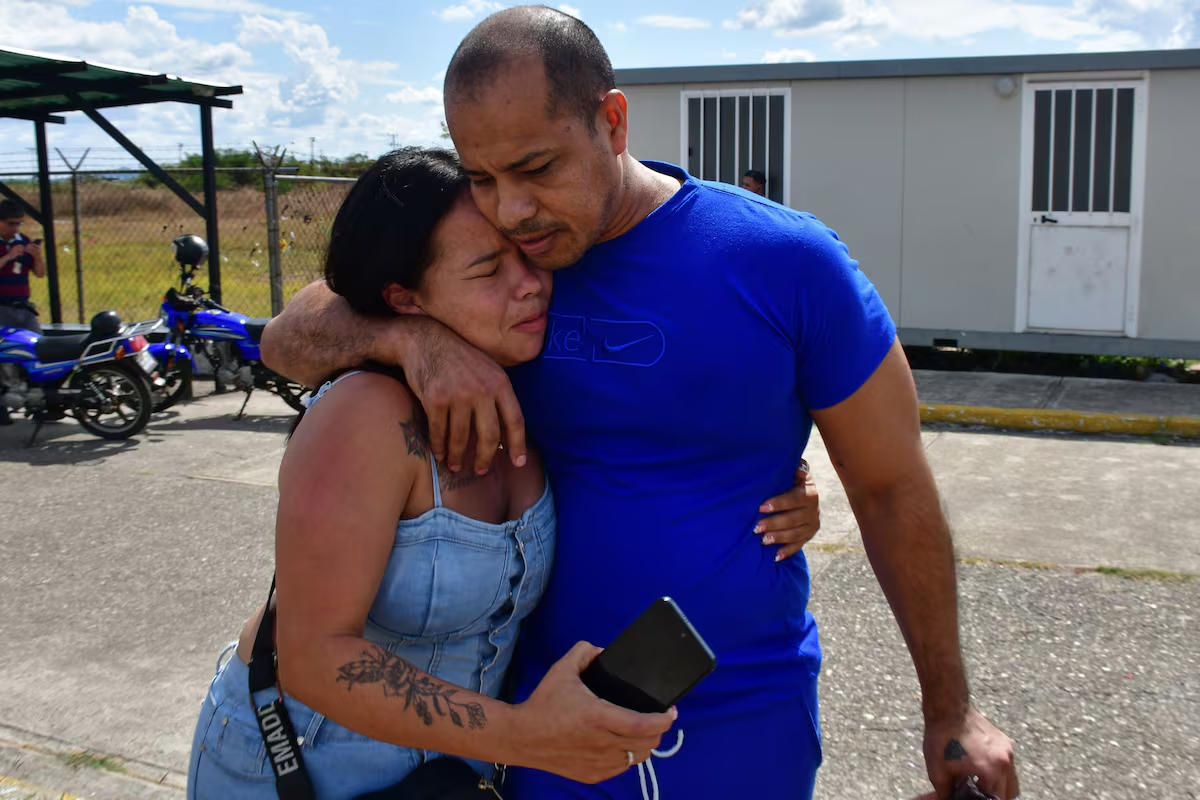
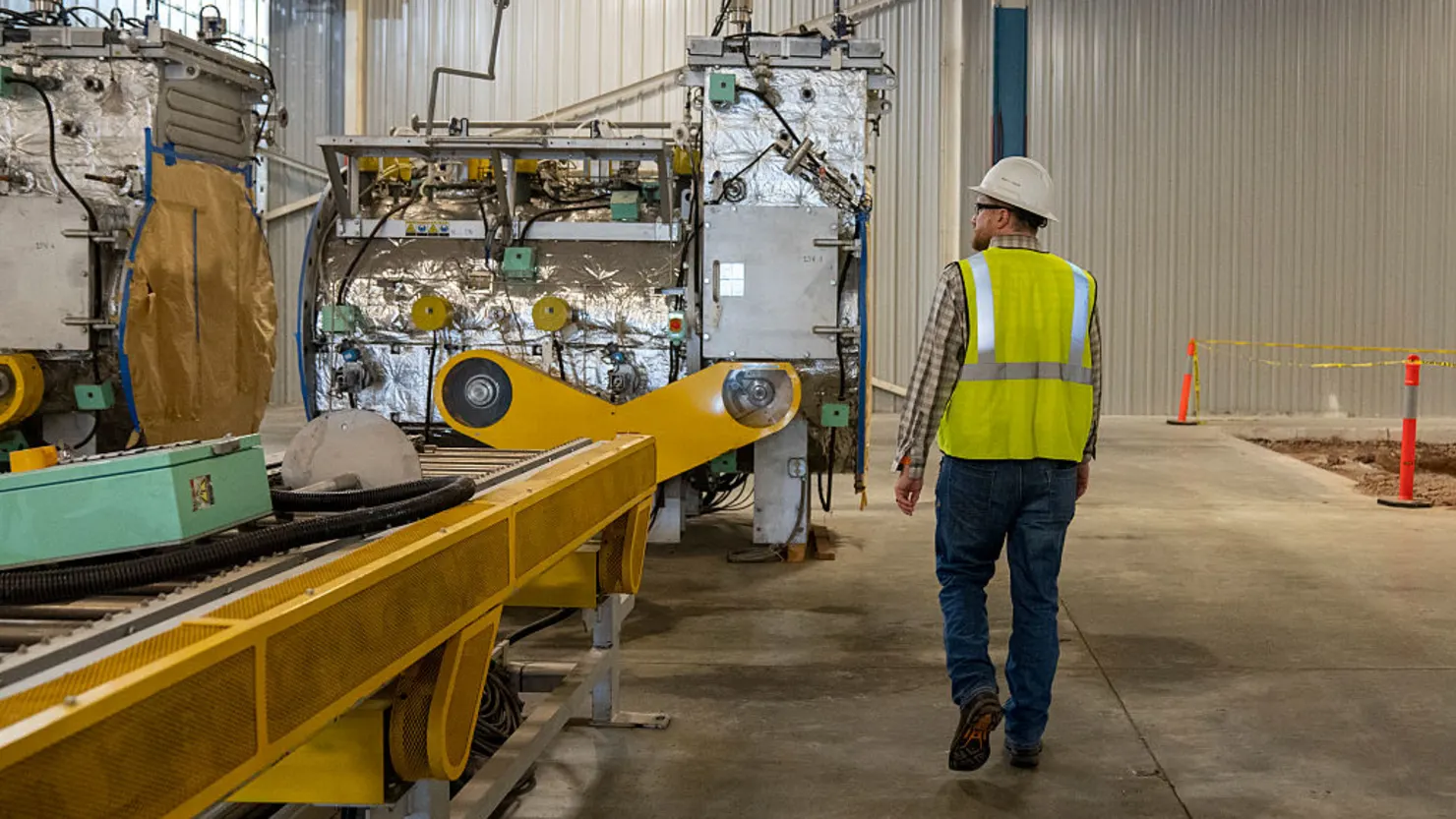
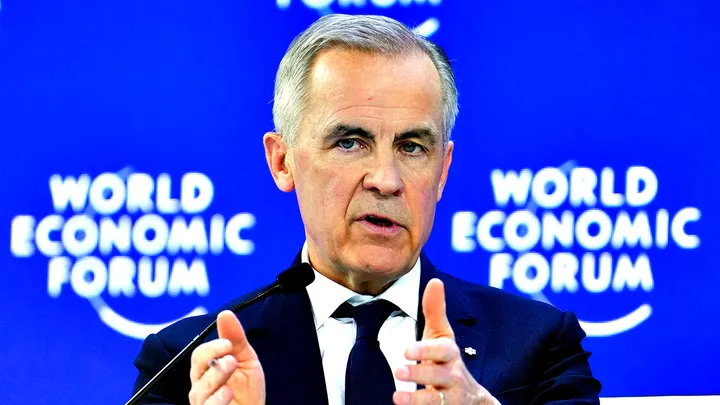
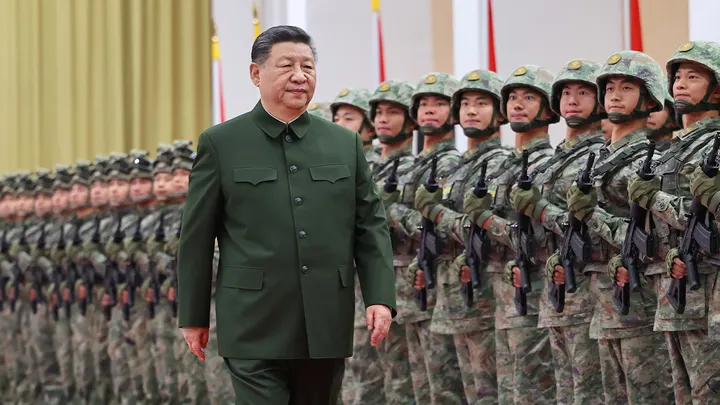


Discussion